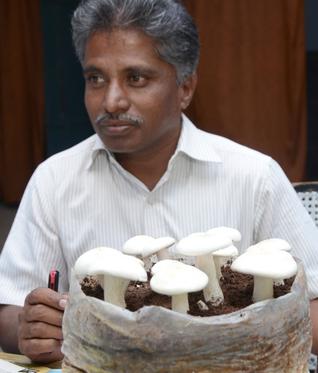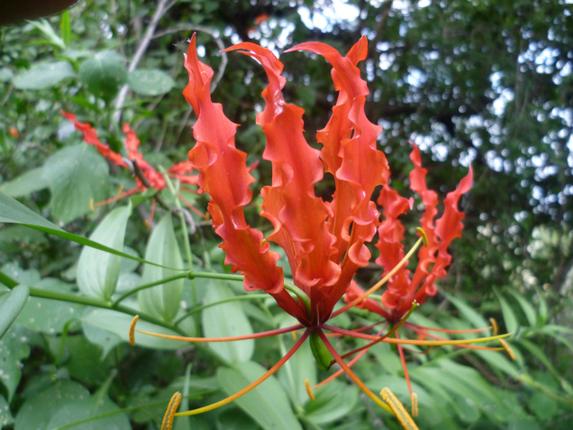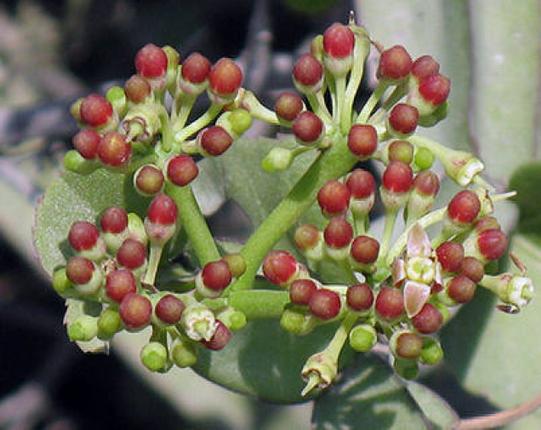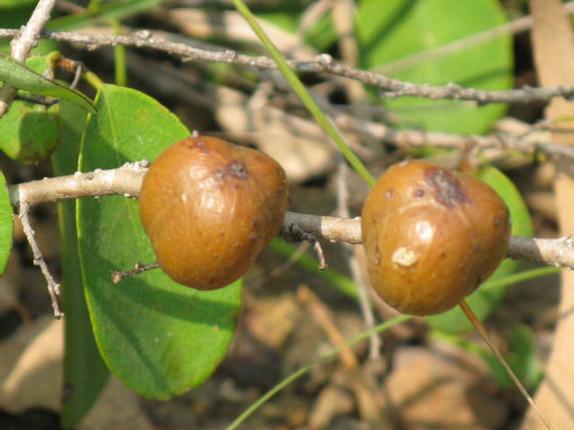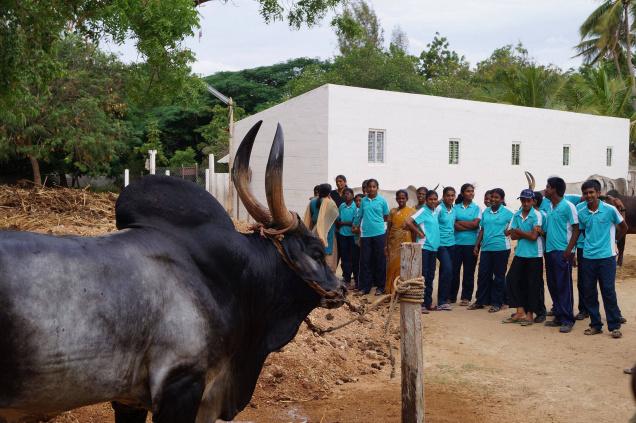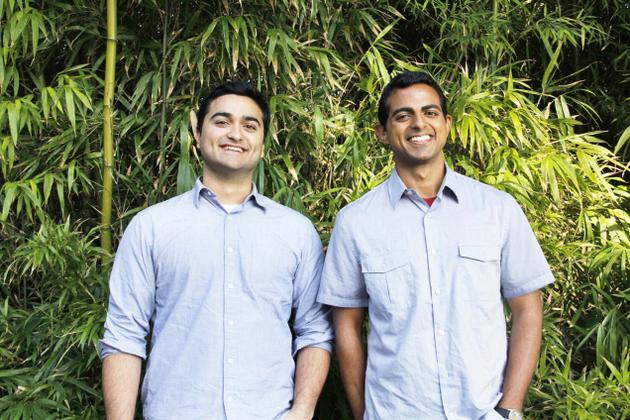
Meet Rohit Kumar and Rohit Sahdev who have launched Brush with Bamboo, an eco-friendly alternative to the plastic toothbrush
Rohit Kumar and Rohit Sahdev, both students of UC Berkeley, met when they were doing a semester in India in 2006 at the University of Delhi. As they became friends, they realised what damages plastic waste was doing not just to India but to countries across the world. And so, Kumar and Sahdev decided to give up plastic but realised that there were not many eco-friendly alternatives especially for toothbrushes. In July 2012, after much trial and error, they launched Brush with Bamboo.
About 4.7 billion plastic toothbrushes are manufactured every year, and they all invariably end up polluting our oceans. “With our eco-friendly toothbrush, we felt that we had a unique opportunity to help the planet and make a living at the same time,” says Kumar. Designing the toothbrush was a difficult task. Since Kumar and Sahdev were political science and business graduates, they had to start from scratch. “After some research, we discovered that bamboo would be an ideal material. In terms of sustainability, bamboo is abundant, sturdy and one of the fastest growing plants on Earth. At the same time, it is naturally anti-microbial and anti-fungal, so it does not mould in wet environments,” Kumar explains.
It took about eight months to perfect the first version of the toothbrush but the bristles posed a problem. “We tried using bristles that were made from 30 per cent bamboo but they didn’t last long enough. A year later, we launched a second version in which we improved by switching back to a high grade of pure nylon (certified free of toxic chemicals),” Kumar says. Unfortunately, there is no good alternative to nylon bristles. “The only other alternative is boar or pig hair, and we do not agree with using animal hair,” he adds.

Brush with Bamboo has so far sold nearly 50,000 toothbrushes across the world and the numbers continue to grow rapidly. “No else had come out with a eco-friendly toothbrush at that time, so we were being purchased and stocked by retailers from around the globe,” Kumar explains. And about six months ago, they introduced bamboo drinking straws. “They are made from a variety of thin bamboo. About one billion plastic straws are used everyday and we wanted to do something there as well. Our focus, though, will be on toothbrushes. Our next product will be a toothbrush that is for children.”
Brush with Bamboo offers worldwide shipping though their website www.brushwithbamboo.com
source: http://www.thehindu.com / The Hindu / Home> Features> MetroPlus> Society / by Anusha Parthasarthy / Chennai – September 01st, 2013
